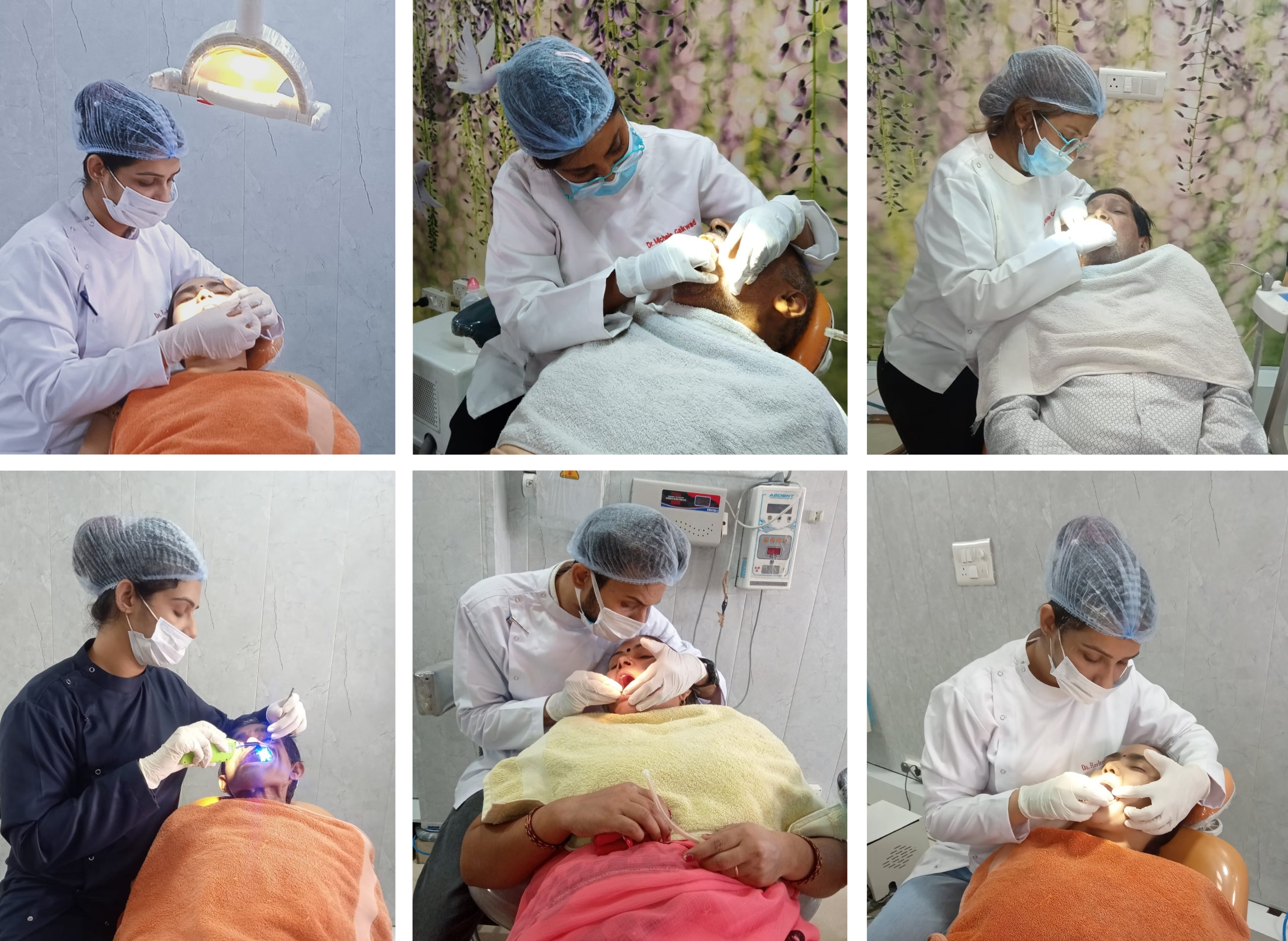In the world of dentistry, mastering the art and science of oral healthcare is a journey that demands both knowledge and experience. While dental schools provide a strong theoretical foundation, the transition from a student to a skilled dental practitioner hinges on practical training. This is where community-based dental training, championed by Baba Puran Singh Charitable Trust in Ludhiana, plays a pivotal role.
In this article, we delve into the significance of community-based dental training, shedding light on how our trust is shaping the future of dentistry. With a focus on bridging the gap between theory and practice, we explore how this unique approach benefits not only aspiring dentists but also the communities they serve.
Read: Affordable Dental Care: Our Commitment to Your Smile
The Value of Community-Based Dental Training
Dentistry is a profession that demands precision, compassion, and a deep understanding of oral health. While theoretical knowledge lays the foundation, practical experience is the bridge that connects theory to reality. Here’s why community-based dental training is essential:
1. Real-World Experience: Dental students need exposure to real patients with diverse oral health needs. Community-based training provides opportunities to diagnose and treat actual cases, preparing students for the complexities of real-world dentistry.
2. Cultural Competence: Serving a community exposes dental students to various cultures and backgrounds. This experience fosters cultural competence, enabling future dentists to provide more effective and sensitive care to a diverse patient population.
3. Ethical Practice: Community-based training instills ethical values by emphasizing patient-centered care, informed consent, and privacy. These principles are essential for maintaining trust and integrity in the dental profession.
4. Community Impact: Training in underserved communities benefits both students and the residents. Students gain invaluable experience, while communities receive essential dental care that might otherwise be inaccessible.
5. Comprehensive Learning: Dental training should encompass not only clinical skills but also public health, prevention, and oral health education. Community-based programs allow students to engage in holistic learning.
Read: Beyond Dentistry: Our Charitable Trust’s Holistic Approach to Oral Health
Our Approach to Community-Based Dental Training
At Baba Puran Singh Charitable Trust, we take a comprehensive approach to community-based dental training. Our students are not confined to classrooms and clinics; they actively engage with the community to bridge the gap between theory and practice.
1. Mobile Clinics: We operate mobile dental clinics that reach underserved areas in and around Ludhiana. These clinics provide dental check-ups, preventive care, and treatment to communities that lack access to regular dental services.
2. Community Outreach Programs: Our students actively participate in outreach programs, conducting oral health awareness campaigns, school visits, and community seminars. This hands-on experience enhances their communication skills and reinforces the importance of oral health education.
3. Partnerships: We collaborate with local healthcare providers, government agencies, and NGOs to expand the reach of our community-based dental training programs. These partnerships enable us to serve a wider population and provide comprehensive care.
4. Faculty Expertise: Our experienced faculty members serve as mentors, guiding students through their community-based training. They share their knowledge, ethical principles, and practical insights to help students become well-rounded dental professionals.
5. Technology Integration: We leverage technology to enhance community-based training. Digital tools for patient records, treatment planning, and telehealth consultations enable our students to provide efficient and modern dental care.
Read: Innovation in Dental Training: Equipping Dentists for Modern Challenges
Impactful Outcomes
The impact of community-based dental training extends far beyond the walls of our institution. Here’s how our approach has benefited both our students and the communities we serve:
1. Empowered Graduates: Our graduates emerge as skilled, empathetic, and culturally competent dental professionals. They are well-prepared to address the oral health needs of diverse patient populations.
2. Community Well-Being: Underserved communities receive essential dental care, often for the first time. This improves the oral health of community members, enhancing their overall well-being.
3. Oral Health Awareness: Through our outreach programs, communities become more aware of the importance of oral health. This awareness leads to better preventive practices and earlier intervention in dental issues.
4. Ethical Practitioners: Our students graduate with a strong foundation in ethical dental practice. They uphold the highest standards of care, ensuring patient trust and well-being.
5. Sustainable Impact: Community-based dental training creates a sustainable cycle of care. Our graduates return to serve their communities, continuing the legacy of community-focused dentistry.
Read: Spreading Oral Hygiene Awareness: Our Initiatives and Impact
Conclusion
Community-based dental training is not just an educational approach; it’s a commitment to improving oral health and well-being. At Baba Puran Singh Charitable Trust in Ludhiana, our dedication to this model of education reflects our values of compassionate care, ethical practice, and community impact.
As we bridge the gap between theory and practice, we empower the dentists of tomorrow to provide quality care to diverse populations. Our community-based programs foster cultural competence, ethical values, and a deep understanding of the role of oral health in overall well-being.
In the end, community-based dental training doesn’t just produce dentists; it produces oral healthcare advocates who understand the profound impact of their work on individuals and communities. It’s a legacy that continues to shape the future of dentistry, one smile at a time.

